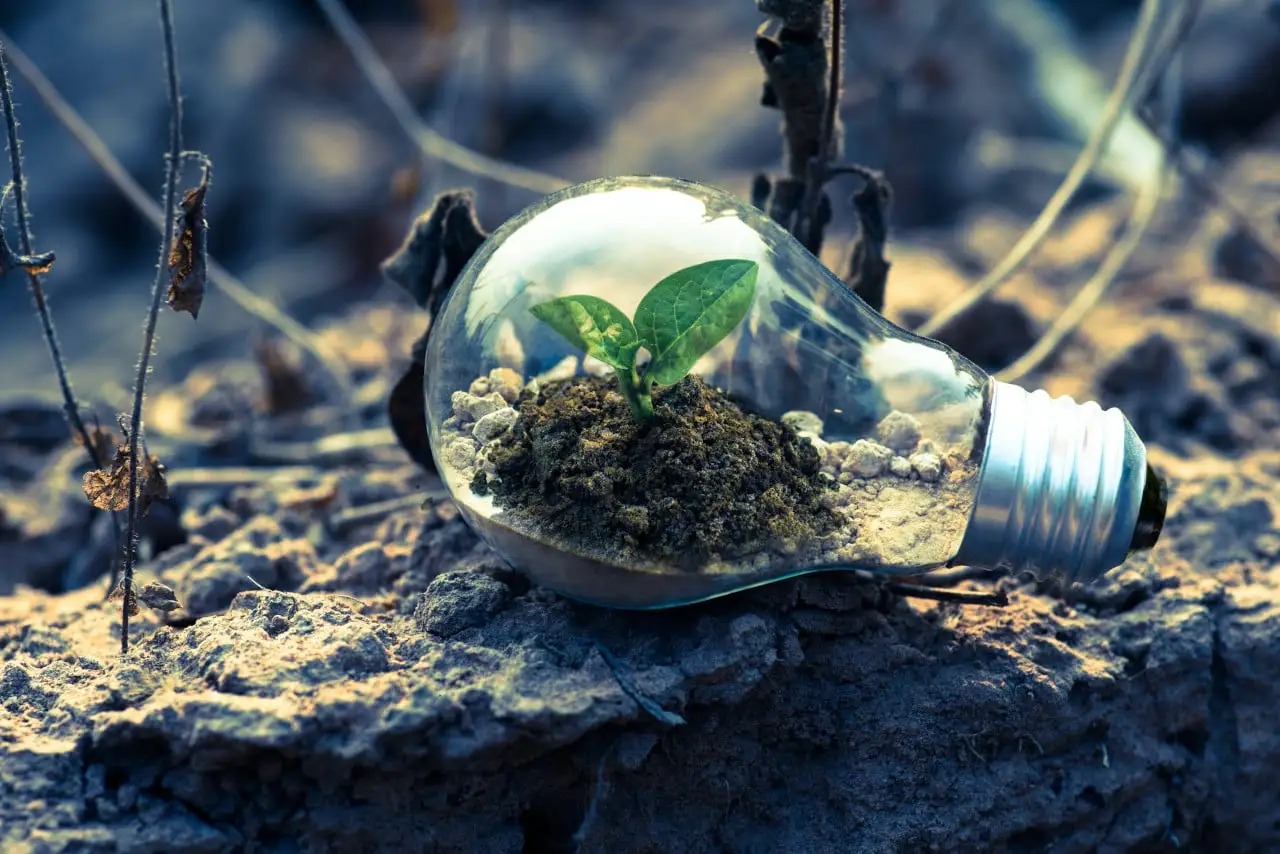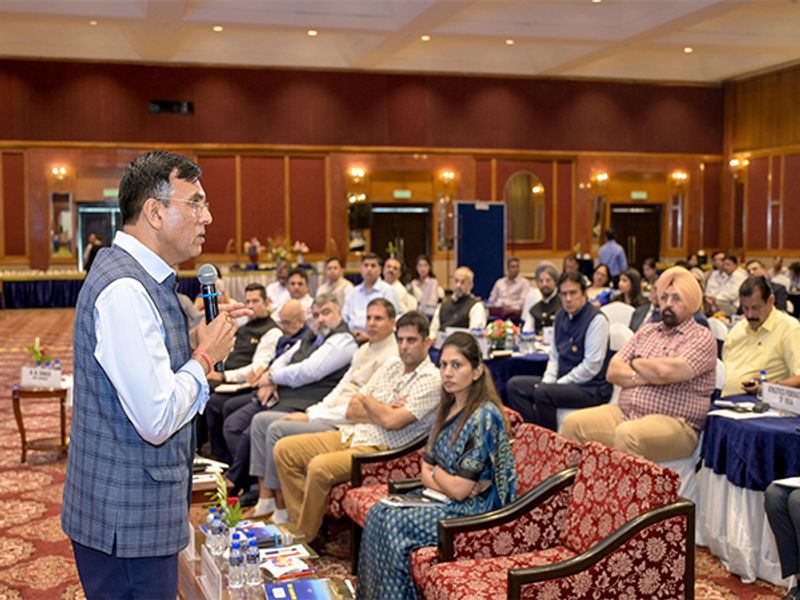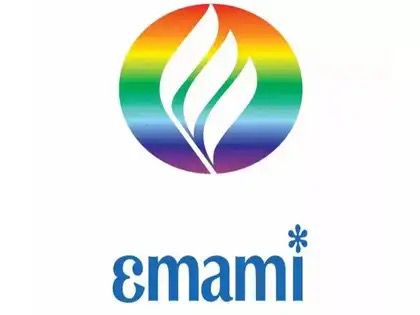
Follow WOWNEWS 24x7 on:
Updated: July 17, 2025 23:03

Mumbai is set to transform its waste management landscape with a ₹504 crore Waste-to-Energy (WtE) facility at the Deonar dumping ground, scheduled for commissioning in October 2025. The project aims to convert 600 metric tonnes of municipal solid waste daily into 7 megawatts of electricity, offering a sustainable solution to the city’s mounting garbage crisis.
Project Highlights And Infrastructure
- The Brihanmumbai Municipal Corporation (BMC) currently handles 6,400 tonnes of waste per day, with 5,800 tonnes processed at Kanjurmarg and 600 tonnes dumped at Deonar
- The new WtE plant will incinerate waste at high temperatures to generate steam, which powers turbines to produce electricity
- The initiative is backed by the 15th Finance Commission’s grant for solid waste management and aligns with national sustainability goals
Environmental And Social Impact
- The project will reduce landfill dependency, curb methane emissions, and improve air quality around Deonar
- Legacy waste bioremediation is underway, targeting 23,000 tonnes of clearance daily to reclaim toxic land
- The Safai Sathis program, a parallel initiative, generates biogas from organic waste and provides employment to waste pickers while earning carbon credits
Outlook
Mumbai’s WtE project represents a shift toward circular urban infrastructure, integrating energy generation with waste reduction. If successful, it could serve as a model for other Indian cities grappling with similar challenges.
Sources: Free Press Journal, Times of India, Urban Acres, Energy Asia, FirstGreen Consulting, CCN News.





